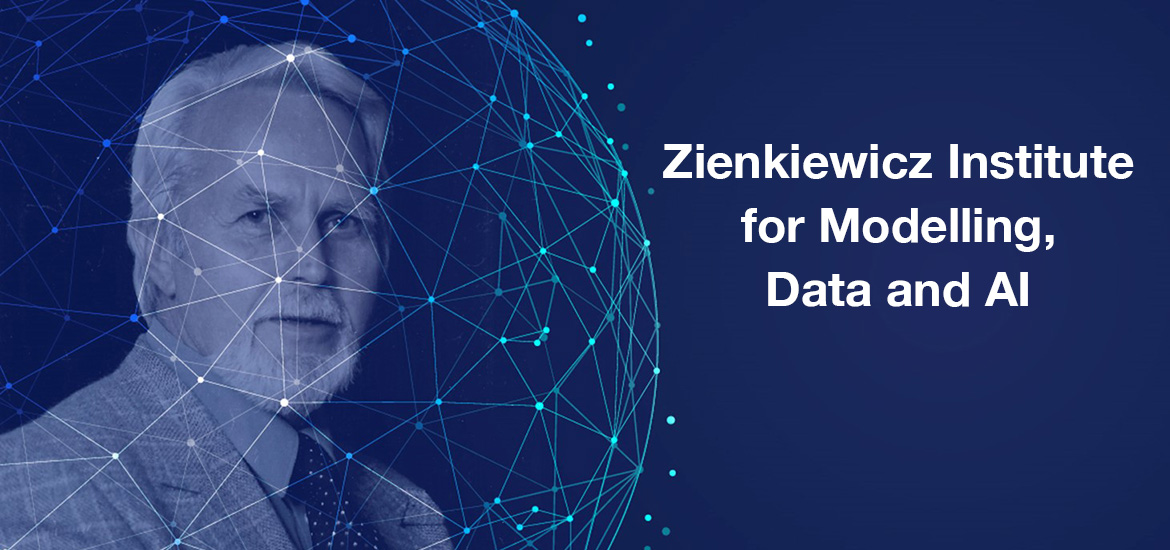The Zienkiewicz Institute holds various events throughout the year, including a prestigious annual Zienkiewicz Lecture.
Find out more about Faculty-wide Research Events.

The Zienkiewicz Institute holds various events throughout the year, including a prestigious annual Zienkiewicz Lecture.
Find out more about Faculty-wide Research Events.
Date: 18th July 2024
Time: 14:00-15:30
Venue: Room B001, Engineering Central, Bay Campus
Bio: Dominik K. Klein is a research assistant at the Cyber-Physical Simulation Group of Technical University of Darmstadt (Germany), which he joined in 2021 after finishing his master's studies in mechanics. There, he conducts research on constitutive modeling with physics-augmented neural networks. In close collaborations with universities all over Germany, Spain, and the UK, he largely contributed to establishing hyperelastic neural network-based constitutive models focusing on polyconvexity.
Abstract: In the last decades, a vast amount of highly specialized metamaterials has been developed, and with advancing requirements in engineering applications, the trend is growing. Often comprised of complex multiphysical and parametrized microstructures, these materials can be tailored for each specific application. At the same time, this sets a challenge for the mechanical description of such materials, as they behave highly nonlinear. Thus, we envision the use of physics-augmented neural networks (PANNs), circumventing the current limitations of analytically formulated material models associated with their lack of flexibility. We proposed several hyperelastic PANN constitutive models which fulfill important constitutive conditions such as objectivity and ellipticity by construction. Thereby, the focus lies on the formulation of polyconvex constitutive models. Using strain invariants as inputs for convex neural networks, a polyconvex potential is constructed, which is complemented by additional growth and normalization terms. Furthermore, we demonstrated the straightforward extension of the proposed constitutive modeling framework to electro-elastic and parametrized material behavior. Overall, the proposed PANN models combine the extraordinary flexibility of neural networks with a sound mechanical basis, resulting in constitutive models which are applicable to a large variety of material behavior. We demonstrated the applicability of the PANN constitutive modeling framework for complex microstructured materials and experimental data of rubber-like materials with highly nonlinear and parametrized behavior. In all cases studied, the PANN models yield excellent prediction qualities. Furthermore, we demonstrated the applicability of the PANN constitutive model for complex finite element analysis. The PANN constitutive models showed excellent prediction quality and numerical stability in highly challenging simulation scenarios, including large deformations and instability phenomena.